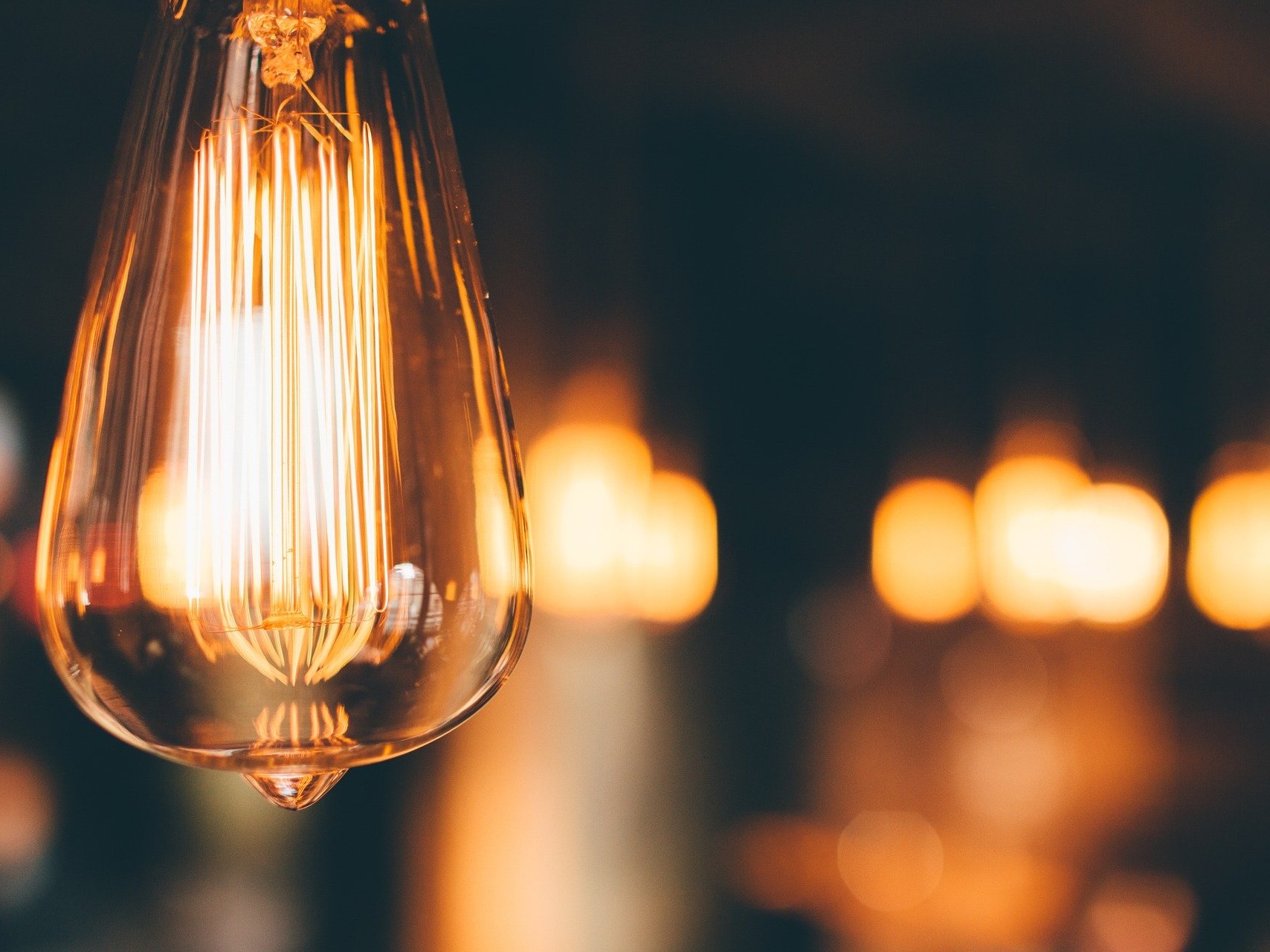A circular economy plan to boost energy transition in Europe
Global consumption of materials such as biomass, fossil fuels, metals and minerals are expected to double in the next 40 years according to the Global Materials Resources Outlook to 2060 released by OECD. In addition, the World Bank’s What a Waste 2.0 outlook says that annual waste generation is projected to increase by 70% by 2050. These data reveal how crucial scaling up the circular economy from front-runners to the mainstream economic players is and how a decisive contribution it will make to decouple economic growth from resource use, while ensuring the long-term competitiveness of the European Union. In this context, the European Union has launched a strategy that settles the circular economy as a priority for Europe. The main goal of the new Circular Economy Action Plan is to create a regenerative growth model that gives back to the planet more than it takes. Boost Energy Transition One of the sections of this ambitious plan is focused on the batteries value chain and their use to boost the electro-mobility across Europe. The elements specially considered in the document are: rules on recycled content and measures to improve the collection and recycling rates of all batteries, addressing non-rechargeable batteries with a view to progressively passing out their use where alternatives exist, and sustainability and transparency requirements for batteries. R+D+i European projects play a crucial role to develop new technologies that help to advance in a circular economy plan for Europe. The NAIMA project, which has the mission to develop a new generation of Sodium-ion (Na-ion) based batteries to unseat the current Li-based technologies, is totally aligned with European goals to boost energy transition. The NAIMA project (Na-Ion materials as essential components to manufacture robust battery cells for non-automotive applications) is led by a consortium formed by key actors of the energy sector and will test its advances in 3 multi-scale Business Scenarios to provide solid evidences about the competitiveness of its technology in three energy storage systems environments (ESS): renewable generation, industry and private household. The initiative is conceived to develop and test different configurations of enhanced Na-ion cells to satisfy the main ESS applications demanded by the end-users of the stationary energy sector.



